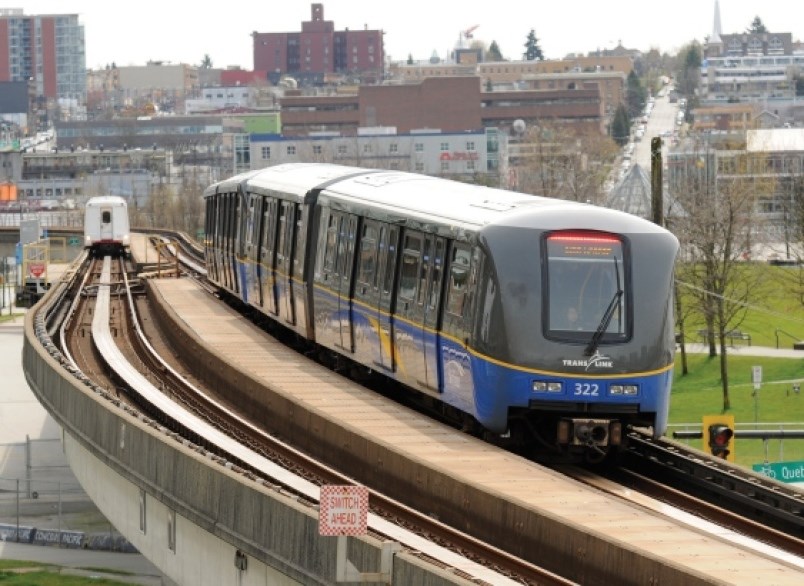TransLink announced Monday morning it is proposing moving to pricing by distance between stations on SkyTrain, SeaBus and future rapid rail projects, with a flat fare staying in place for bus. This is the key recommendation being proposed in the Final Phase of the Transit Fare Review.
Under this proposed structure:
• The current three-zone system would be replaced with one that sees customers charged based on the number of kilometres they travel between stations, with more gradual price increments.
• The maximum fare would remain the same as the three-zone fare. Customers already paying the maximum fare would not pay more.
• Bus fare would be similar to how it is today – flat fare for bus travel system-wide.
• Monthly passes for adult riders would be updated to reflect new distance-based pricing. Concession monthly passes would continue to be a flat rate.
More to come on this breaking story…
TransLink's manager of policy and development Andrew Devlin said the new structure would be more fair for most riders and would be revenue neutral.
He said that about 64 per cent of transit riders would not see their fares change by more than 10 per cent. But, he said, about 17 per cent of people would see an increase of more than 10 per cent and 17 per cent of people would see a decrease greater than 10 per cent.
He said people who currently travel long distances by SkyTrain while remaining within one or two zones are the most likely to see increases.
A consultation period welcoming public feedback is now open until June 29. TransLink staff will then bring the proposal to their board and the Mayors' Council.
Devlin said the new system, if it goes ahead, likely won't be in place until 2020.


